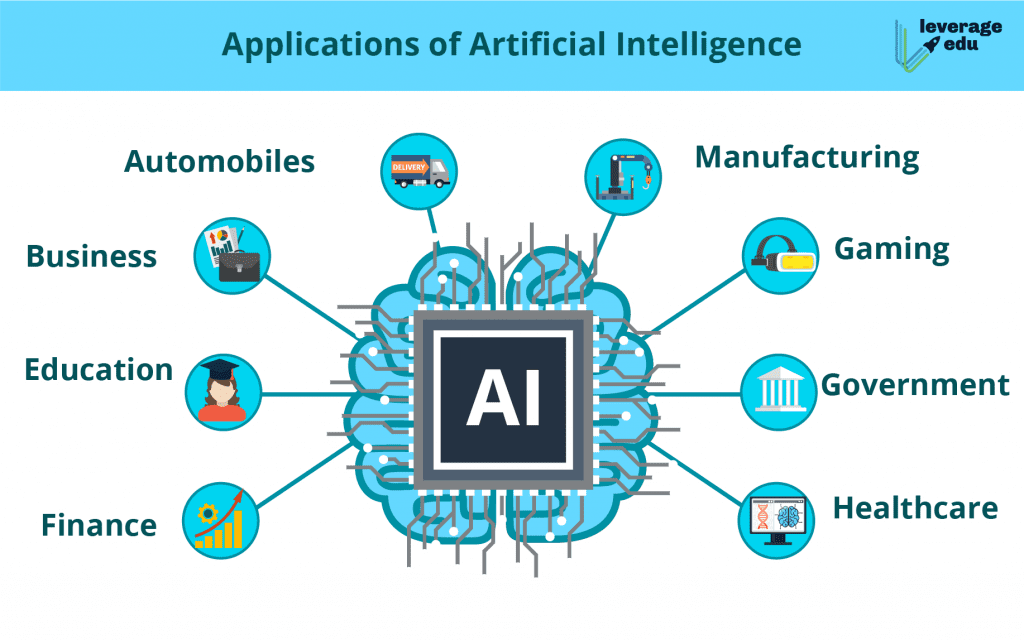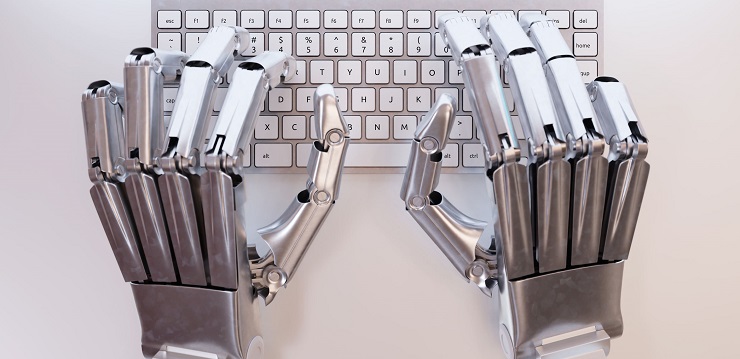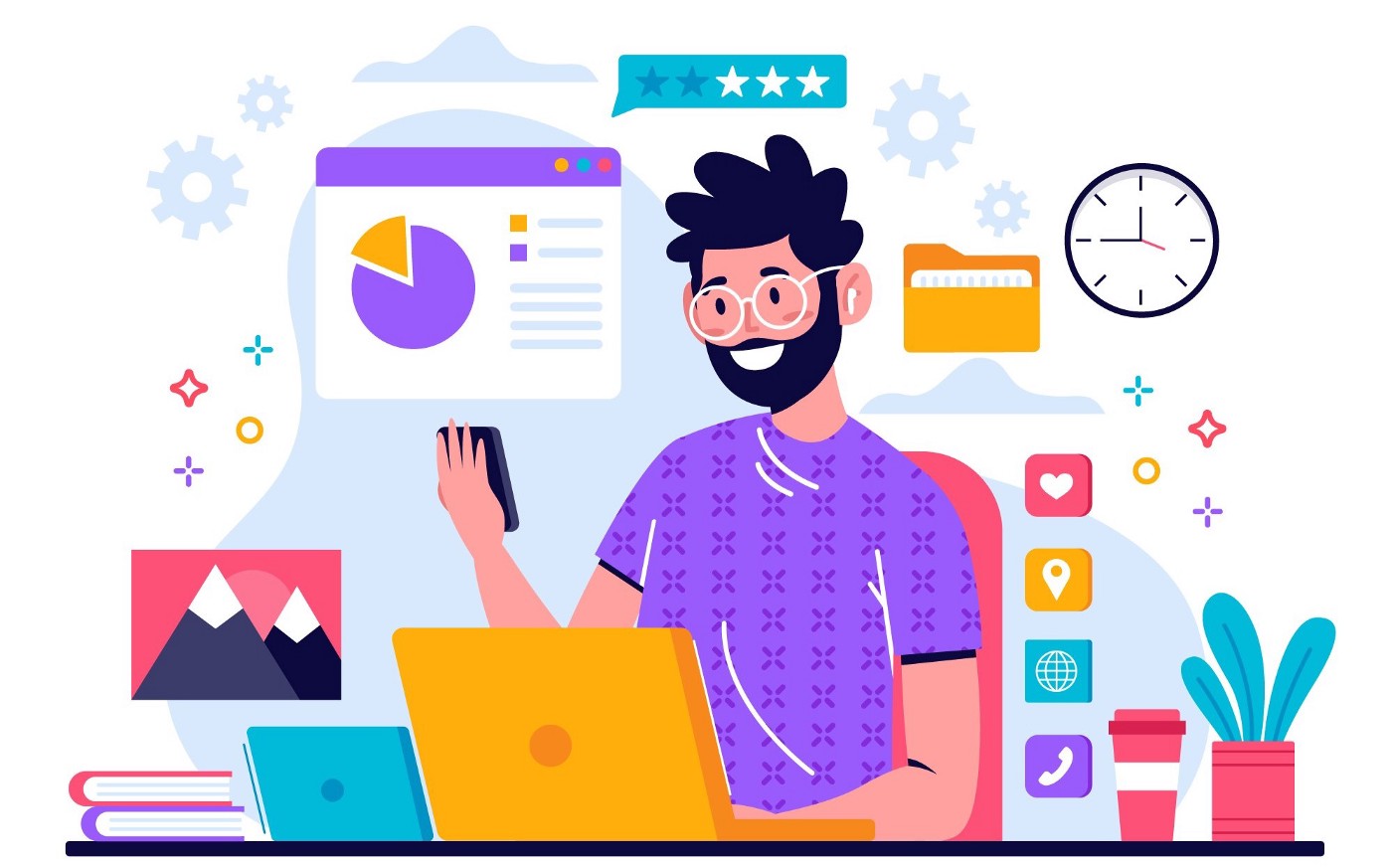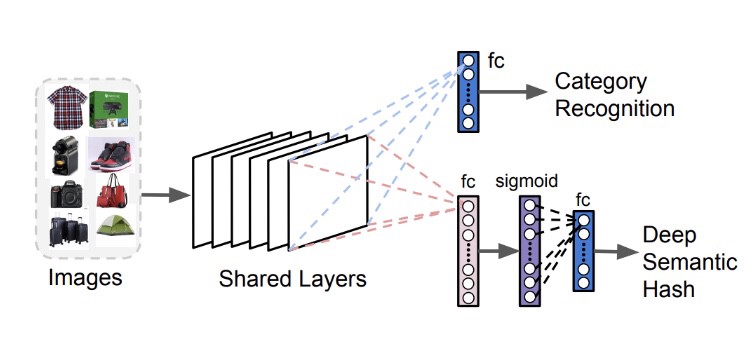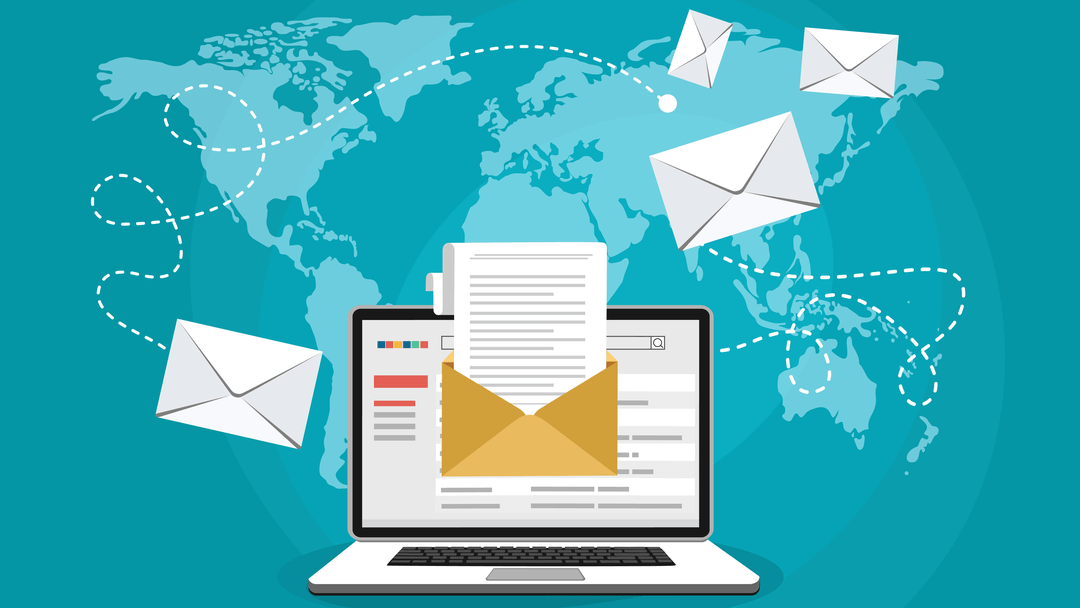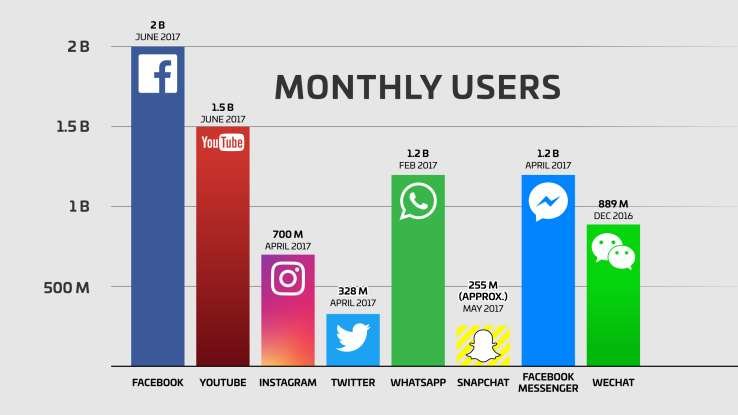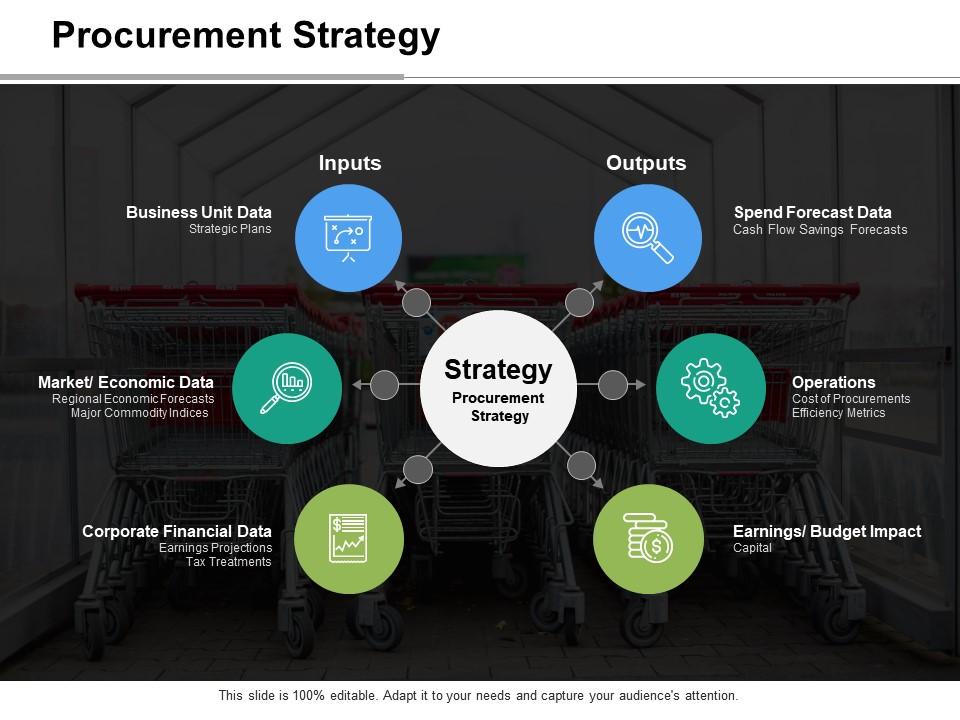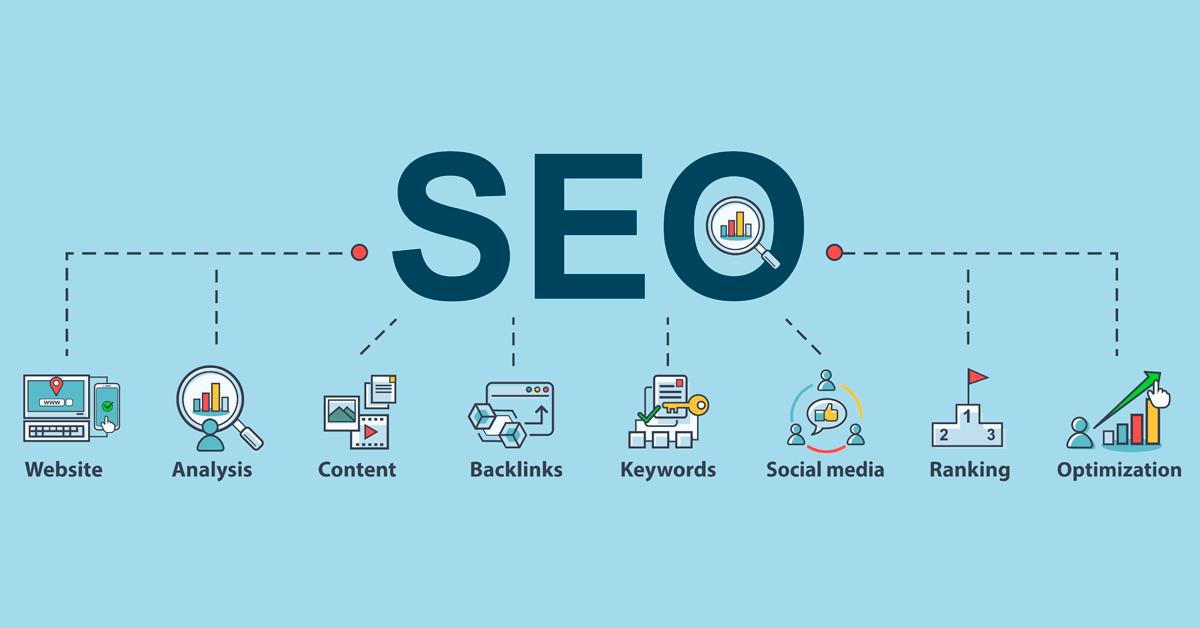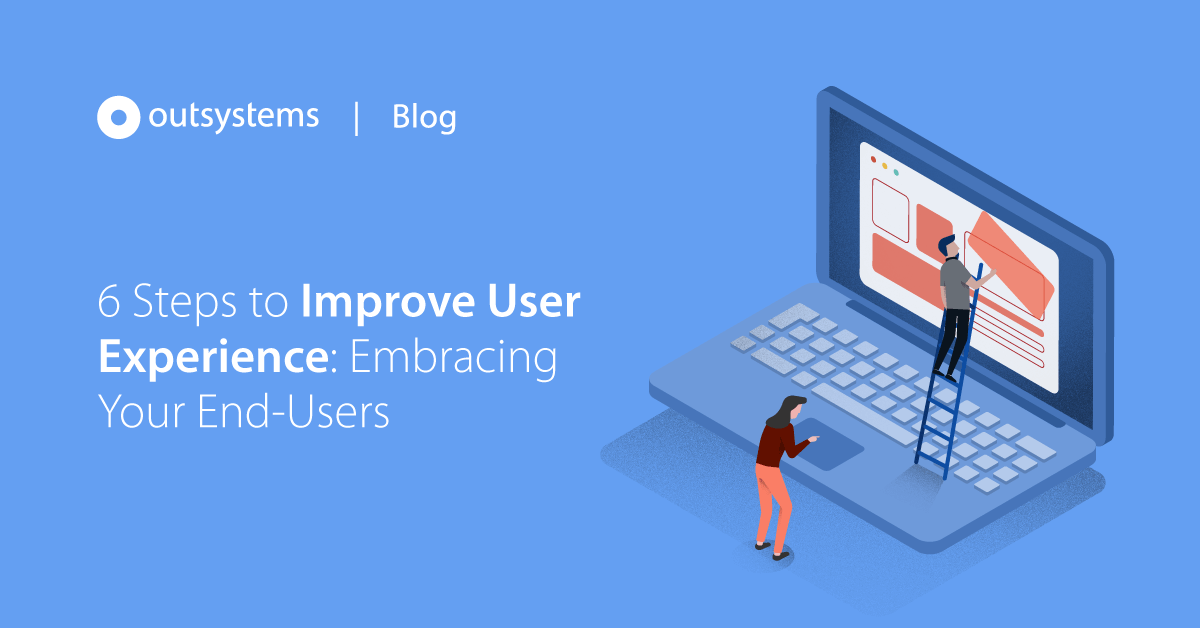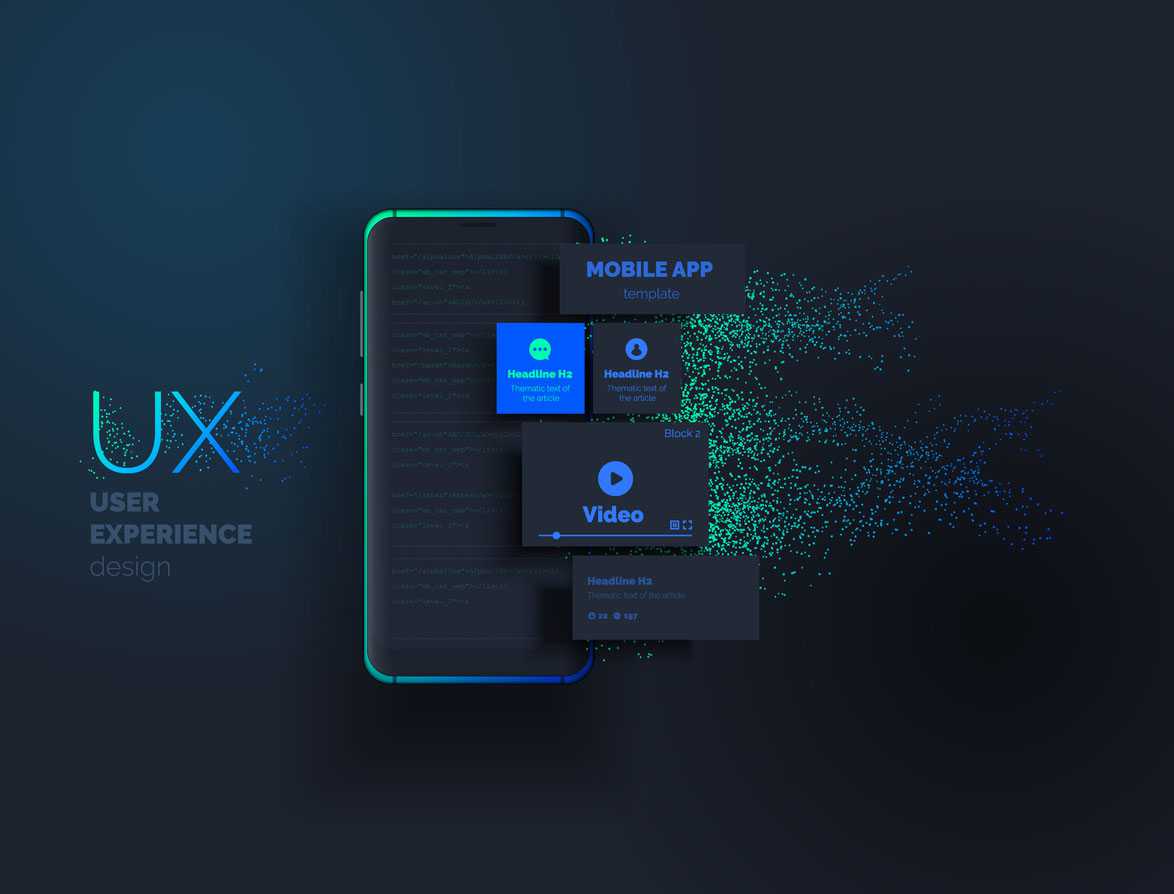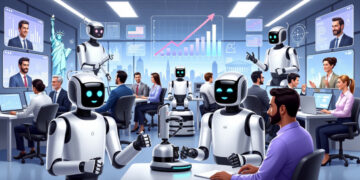What is Artificial Intelligence in Digital Marketing?
Artificial intelligence is now present in practically all fields and spheres of existence. It has not only decreased the need for human assistance in a variety of processes but has also improved human performance.
AI is already having a positive impact on industries like Social Media, Consumer Electronics, Robotics, Travel and Transportation, Finance, Healthcare, Security, Surveillance, E-commerce, etc.
Marketing is one of many industries where artificial intelligence, or AI, is becoming an increasingly important component. To produce data-based decisions for their market, marketers have recently begun integrating artificial intelligence into their various digital marketing methods.
With the useful results it produces in numerous domains, AI has shown its value throughout time. They are also capable of outperforming human ability in several areas. But what do we mean when we use or use AI in marketing, as we do so frequently? What does it resemble when put into practice in the actual world? Artificial intelligence’s use and acceptance are expanding rapidly. Artificial intelligence is the capacity of a computer or system to reason and gain knowledge from experience. Over the past few years, AI applications have considerably advanced, and they are now used in practically every industry. You may learn more about the best real-world uses of artificial intelligence from this article.
Though artificial intelligence (AI) is a buzzword in marketing right now, it refers to a variety of distinct technologies. Artificial intelligence, which encompasses a wide range of skills like voice and picture recognition, machine learning methods, and semantic search, refers to any technology that attempts to imitate human intelligence. Marketers love to gush about the newest, most interesting technologies and yammer on about how AI can be used for picture identification, speech recognition, data breach prevention, or even to target remote populations with drones. Everything is fine. But how in the world are marketers supposed to use such data in any way? It is merely hype and is not workable.
Features of Artificial Intelligence:
- Feature Engineering
- Artificial Neural Networks
- Deep Learning
- Natural language processing
- Intelligent Robotics
- Perception
- Automate Simple and Repetitive Tasks
- Data Ingestion
What is the role of artificial intelligence in digital marketing?
Artificial intelligence enables marketers to personalize their communications on an individual level rather than the generic target groups that marketers relied on in the past. This technology works by predicting customer behavior based on intelligence learned from previous brand interactions
Pros:
- You often need rich sets of data
- Reliable prediction and analysis can be uncertain
- It’s really hard to replace humans
- Your marketing stack is complicated and disconnected
- AI isn’t human enough
- Some people have unrealistic expectations of AI’s potential
Cons:
- Reduction in Human Error. One of the biggest advantages of Artificial Intelligence is that it can significantly reduce errors and increase accuracy and precision
- Zero Risks
- 24×7 Availability
- Digital Assistance
- New Inventions
- Unbiased Decisions
List of Best 13 Applications of Artificial Intelligence:
We frequently discuss AI in marketing, but it’s also crucial to understand how it may be used.
1. AI-generated content:
For AI, this is a highly intriguing field. Although AI can’t write a blog post on industry-specific best practices or a political opinion piece, there are some topics where the material produced by AI can be helpful and drive traffic to your website.
For some tasks, AI content writing tools are capable of selecting components from a dataset and structuring an article with a “human-sounding” flow. In 2016, the “WordSmith” AI writing program generated 1.5 billion pieces of material, and its use is anticipated to increase in the years to come.
For reporting on routine, data-focused occurrences, AI writers are helpful. Sports events, market statistics, and quarterly earnings releases are a few examples. AI-generated content could be a beneficial part of your content marketing plan if you work in a pertinent industry, like financial services. The good news is that Wordsmith’s creator, automated insights, has introduced a free beta version of its AI writing tool, allowing you to test the technology and determine whether it might benefit your business.
2. Personalized User Experience:
Customization is the newest cool. 96 percent of marketers concur, according to Evergage, that personalization is essential to providing excellent customer service.
The likes and dislikes, behavioral patterns, interests, and daily activities of millions of people can now be deduced thanks to AI. It accomplishes this by gathering and examining user data while taking physiographic, demographic, device, geographic, and other factors into account.
The chances of conversion are increased the more personalization there is. Additionally, AI supports the development of stronger ties with clients.
3. Image Recognition & Visual Search:
Visual search can now accomplish amazing things because of advancements in AI image recognition and processing.
Although the technology is still in its infancy, visual search is becoming increasingly commonplace because of tools like Google Lens and websites like Pinterest. Visual search looks for results that are aesthetically comparable to one another, much to how conventional text-based search finds results on related topics.
There are several advantageous uses for visual search in marketing and retail. For instance, it can enhance merchandising and tailor the shopping experience.
Visual search technology can suggest relevant products based on how they seem, as opposed to endorsing them based on a customer’s past purchases or shopping preferences. This makes it easier for shoppers to find products with complementary styles.
4. Email Marketing:
Based on customer preferences and habits, brands are personalizing email marketing efforts. This enables you to interact with them more effectively and, with any luck, convert them into customers.
To determine the best times and days of the week to contact the user, the recommended frequency, the content that catches their attention the most, and which email subjects and titles generate more clicks, machine learning or automatic learning can analyze millions of data points about the customer. Wouldn’t you love to learn more about this so you can start tracking the key performance indicators for your digital marketing initiatives?
A/B tests are labor-intensive and may have a margin of error. In this regard, AI turns out to be your best friend when it comes to tailoring email content to each subscriber.
Some AI-based email marketing platforms include Boomtrain, Phrasee, and Persado. Furthermore, Phrasee claims that its creation of email subject lines outperforms human subject line creation by more than 95%. Even Persado claims that its cognitive content is always superior to what a human could do.
5. Social Media Data:
The largest and possibly most effective marketing channel available today is social media. NLP assists marketers in analyzing brand awareness and conversations in the vicinity of their products to ascertain client happiness. AI is also capable of identifying issues with the product or potential commercial strategies. It aids businesses in rethinking how to portray their items to the intended market.
AI has fundamentally changed the marketing profession and gives companies access to ideas and data that increase their profitability and market competitiveness. If AI is deployed wisely, the economy can change. AI will undoubtedly have an impact on every business with the right knowledge, preparation, and experimentation.
6. Alibaba Opens a FashionAI Store:
Alibaba, a major retailer, created a real “FashionAI” store in Hong Kong to improve the efficiency of the fashion retail process. Alibaba outfitted its stores with smart mirrors that show apparel information and recommend matching items, as well as clever garment tags that recognize when an item is handled. Alibaba also has plans to include a virtual wardrobe app in the physical store, allowing consumers to view the clothes they tried on there.
Alibaba uses technology as a reaction to changing consumer expectations. 80% of consumers feel retail technologies and innovations have improved their online shopping experience, while 66% say the same about brick-and-mortar retail, according to a National Retail Federation survey.
7. Strategy Inputs:
Unquestionably, AI is superior when it comes to turning massive amounts of marketing data into useful information. AI can assist us in analyzing what has and hasn’t worked by using sophisticated statistical models and software, as well as in predicting future customer behavior. All of this provides information to marketers that they can use to better plan their campaigns and make the most of their digital approach.
When it comes to the potential of AI, these applications represent the very beginning. However, there should be no question that a combination of algorithmic and human intelligence is the most effective way to address the complicated marketing difficulties of today. I am interested to see where AI takes us because it can only make things better.
8. Search Engine Optimization:
From modest database product searches on e-commerce sites to search engines like Google, which are utilized by millions of people daily, search algorithms are always improving.
By incorporating AI, search results may take into account your previous browsing or purchasing habits and may correct misspellings and propose alternatives (“did you mean…”).
Google has become more adept at determining the “intent” of searchers. Do people who search for “Apple” want to learn more about the fruit, the technology corporation, or the record label, for instance?
Most search engines understand that when a user searches for “coffee shops” on their mobile phone, they are seeking a local coffee shop rather than studying coffee shops in general.
As the number of AI-powered gadgets and assistants keeps increasing, special results like shopping and Google My Business results are also improving the user experience for searchers. Voice search is also getting more popular.
9. Hiring and Recruitment:
There is fierce rivalry for jobs, and every day, hundreds of applicants submit applications for only one opening in a company. As a result, it becomes a very time-consuming effort for the company’s human resources personnel to review every resume to identify the ideal individual.
Companies utilize Artificial Intelligence (AI) and Natural Language Processing (NLP) to sort through resumes and narrow the field of candidates to those who closely match their needs. This is accomplished by examining several factors, such as location, aptitude, education, etc. If the candidates are qualified, it also suggests that they be considered for other opportunities.
In this manner, the candidates are chosen practically and objectively, and the HR team also saves time and manual labor.
10. Improved User Experience:
UX, or enhanced user experience, is a superb indicator of successful marketing. Customers desire a consistent UX and top-notch support throughout the whole collaborative process.
AI can let marketers independently create and customize marketing strategies for each user, influencing them to do desired activities. The AI-driven personalized messaging and solutions place a strong emphasis on the customer’s present location and activities. thereby resolving the specific issue they are currently experiencing.
Consumers’ web browsing is kept alive through a positive user experience. The possibility of conversion increases with the amount of time they invest in it. Self-optimizing websites are an example of how automation and AI may benefit user experience design. Customers will so benefit from a more enhanced user experience throughout.
11. Chatbots:
By being able to decipher customers’ requests and fulfill orders on their behalf, chatbots can resemble human intelligence. You could believe that only very large companies with very large resources will be able to create chatbots because they are so tough to design. However, building your chatbot doesn’t truly require a large development team when leveraging open chatbot development platforms.
Facebook is interested in making it easier for brands to create chatbots. It wants to establish its Messenger app as the preferred platform for users to communicate with brand virtual ambassadors. Brands may now utilize some of Facebook’s robust bot development tools, which is wonderful news. Facebook has developed the wit.ai bot engine, which allows you to train bots using sample conversations and have your bots continuously learn through engaging with consumers, using the lessons they’ve learned from the beta tests of “M” (Facebook Messenger’s chatbot). Facebook has developed helpful guidelines for how to achieve this, which you can access on their Facebook for developers website if you’re interested in creating a chatbot for your company within the Messenger platform.
12. User Experience (UX):
Personalizing a website experience is possible thanks to clever algorithms. AI can present offers and information that are more suitable for each user type after analyzing hundreds of data points about a single user (such as location, demographics, devices, interactions with the site, etc.).
According to a 2017 Evergage study on real-time personalization, 33% of the marketers polled employed AI to create tailored web experiences. And when questioned about the advantages of AI-driven personalization, 63 percent said that it increased conversion rates and enhanced the customer experience.
A positive user experience indeed keeps visitors on a website longer, increasing the likelihood that they will convert.
In this way, chatbots—which we’ll discuss now—are one of the many options that AI presents to make the user experience more user-friendly.
Conclusion:
Artificial intelligence (AI) is designed to support human decision-making abilities when those decisions have broad implications. Global organizations are developing groundbreaking advancements in machine learning and artificial intelligence. An effective marketing technique to prevail in the cutthroat marketplace is provided by artificial intelligence.
It boosts the brand market and provides better consumer experiences. It decreases workloads, saves time, and is user-friendly. With the currently in place systems, it is easily implementable. A new trend in marketing is emerging that unifies everything on one platform thanks to artificial intelligence in digital marketing.

